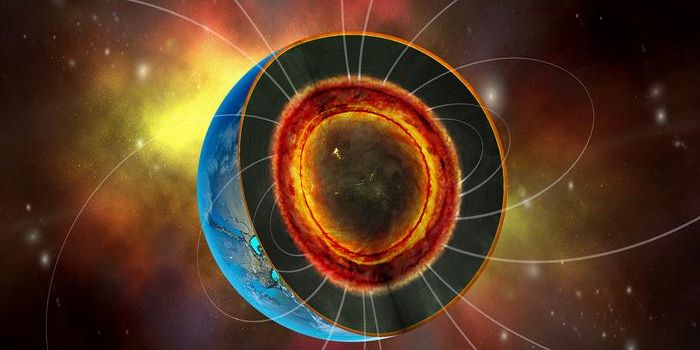Philae Comet Lander Will Not Be Heard From Again
The European Space Agency’s Philae comet lander, which landed on comet 67P in 2014, has not been heard from since mid-2015. The lander didn’t land properly on the comet, and its position made it difficult to collect sunlight to provide the lander with sufficient power.

As a direct result of the lack of proper sunlight, Philae is now dormant. Scientists have lost hope in ever being able to communicate with Philae again, and are already giving up on trying to communicate with it again after recent attempts to talk to Philae went unnoticed by the lander.
That's not to say that we haven't heard from Philae at all; we've heard some signals from the lander, but they have been few and far in between, or for very short periods of time due to being in a low power mode.
"Unfortunately, the probability of Philae re-establishing contact with our team at the DLR Lander Control Center is almost zero, and we will no longer be sending any commands," said Stephan Ulamec, the lander's project manager at DLR.
The comet Philae is landed on is currently moving away from the Sun in its orbit, and as it continues down its path, Philae not only sees fewer sunlight rays to power the lander’s on-board equipment, but it also get colder, which will hinder the effectiveness of said on-board equipment and potentially damage it.
With that being said, Philae might be in a similar position in the distant future, but by then, the lander’s probes and equipment may be destroyed by the harsh conditions on the comet.
The Rosetta spacecraft which brought the lander to comet 67P, on the other hand, will remain very much active. The spacecraft continues to orbit the comet, and although Philae isn’t answering scientists, Rosetta is.
Perhaps on a future space mission, we can attempt to land another Philae-like lander on a comet once again. The trick will be landing it in such a way that it’ll receive enough sunlight to power it so scientists can communicate with it.
Regardless of the mission’s failure, we still learned just a bit about comet 67P.
Source: BBC








